The concept of self-defense is deeply rooted in both American law and society. As the state of Washington evolves, questions about the scope and application of Stand Your Ground principles have come to the forefront, especially for residents of cities like Seattle, Spokane, Tacoma, Vancouver, and Bellevue. This comprehensive exploration of Washington’s Stand Your Ground law in 2025 will provide the clarity and depth every citizen needs to understand their rights and responsibilities.
Foundations of Self-Defense in Washington
In Washington, the legal foundation for self-defense focuses on balancing individual protection with public safety. Self-defense laws empower people to respond to imminent threats, but those responses carry significant legal obligations. The Revised Code of Washington (RCW) establishes these principles, confirming that self-defense is justified when it is necessary and the force applied is reasonable relative to the threat.
Key terms define how the law interprets individual actions:
-
Imminence: The threat must be immediate, not based on a future worry or previous altercation.
-
Proportionality: The response must match the level of threat; deadly force can only answer a threat of death or serious bodily harm.
-
Reasonable Belief: The perception of threat must be grounded in what a reasonable person would conclude under the same circumstances.
These components are vital, whether a confrontation occurs in a bustling Seattle street, a quiet park in Spokane, or at a home in Tacoma.
Stand Your Ground: Core Principles and Washington’s Approach
Stand Your Ground laws remove the duty to retreat from dangerous situations when individuals are lawfully present. Unlike other states with formal statutes, Washington’s foundation comes from Supreme Court decisions and jury instructions, which uphold that you have no obligation to retreat before defending yourself.
Essential Elements:
-
No Duty to Retreat: If threatened in a place where you have the right to be—a supermarket in Everett or a playground in Federal Way—there’s no need to first seek a safe escape.
-
Lawful Presence Is Required: Protection under this law vanishes if you’re trespassing or unlawfully present.
-
Reasonable and Proportional Force: The force you use must fit the seriousness of the threat.
Stand Your Ground Versus Castle Doctrine
While Stand Your Ground applies everywhere lawfully present, the Castle Doctrine amplifies the right to defend within one’s home. In Washington, the law presumes a reasonable fear of harm if someone unlawfully enters a home, granting even greater leeway for residents in places like Kennewick or Renton. This principle does not extend as broadly to cars or workplaces as some other states.
Defense of Others and Property in Washington’s Cities
The law isn’t limited to self-protection. In well-populated cities like Bellevue or Yakima, you are legally allowed to step in and protect others facing imminent danger. This applies to defending family, friends, or even strangers, as long as the action is reasonable and the threat to them is immediate.
Property defense is more restricted. If someone is attempting to steal or damage your property in Spokane Valley or Kirkland, you can use force to stop them—but that force must generally be non-lethal unless your life or someone else’s safety is directly at risk.
Affirmative Defense and Legal Process
Self-defense is an “affirmative defense” in Washington. When someone uses force in Seattle or Bellingham and is charged with a crime, they don’t contest committing the act—instead, they argue it was justified. This shifts some burden to the prosecution, which must prove beyond a reasonable doubt that the act was not lawful.
Steps After a Self-Defense Incident
-
Contact Law Enforcement: Report the incident as soon as possible, providing your account of why you believed you faced imminent harm.
-
Seek Legal Counsel: Especially in complex urban environments where facts can be disputed, retaining an attorney is crucial for defense.
-
Prepare for Investigation: Police and, if necessary, prosecutors in cities like Olympia or Auburn will review physical evidence, witness statements, and surveillance footage.
Application in Public Spaces
Population density and diverse urban environments mean confrontations are not uncommon in places such as downtown Seattle. Here, Stand Your Ground principles are particularly relevant; a resident does not have to retreat before using force if threatened in a public park, on the light rail, or at the local market.
However, the law is not a blanket shield. Escalation of disputes or provocation can invalidate a self-defense claim. For example, a person who starts an altercation at a Tacoma club cannot then rely on Stand Your Ground protections if the situation gets out of hand.
Reimbursement for Legal Expenses
Washington goes a step further, offering reimbursement for reasonable defense costs if a person is found not guilty by reason of self-defense. This applies statewide, including in major urban and rural jurisdictions. However, this financial relief can be reduced or denied if the individual was engaged in criminal behavior related to the incident.
How Washington’s Law Compares Nationally
Compared to states with explicit Stand Your Ground statutes, Washington’s approach rests more on precedent than codified law. While not singular in this respect—states like Oregon and California follow similar practice—Washington stands out for its urban-rural balance and consistent state-wide application.
Across the nation, Stand Your Ground laws have been linked to increases in violent confrontations, particularly involving firearms. In diverse metropolitan hubs like Seattle, community leaders remain vigilant about the potential for misuse—for instance, in situations where misperceptions of threat lead to tragic outcomes.
City Spotlights: Stand Your Ground in Practice
Seattle
As the state’s largest city, Seattle’s dense neighborhoods, vibrant nightlife, and busy public spaces mean that self-defense incidents receive significant attention. Law enforcement has clear protocols for investigating such events, and the courts consistently apply the proportionality and imminence standards.
Spokane and Tacoma
In Spokane, self-defense claims are not uncommon in both residential and commercial districts. Tacoma, with its mix of port areas and suburbs, also sees frequent scrutiny of Stand Your Ground situations—especially where disputes over property or vehicles escalate quickly.
Vancouver and Bellevue
Growing suburbs like Vancouver and Bellevue, with their increasing diversity and new residents, often face unique issues such as neighborhood watch disputes and community policing best practices.
Tri-Cities: Kennewick, Pasco, Richland
These cities, set in agricultural eastern Washington, blend urban and rural values. The emphasis here is often on home and property defense, and self-defense statistics tend to reflect this focus.
Recent Developments and Legislative Landscape
Washington’s Stand Your Ground framework is continually debated as social attitudes evolve. In 2025, recent legislative sessions didn’t enact significant changes, but proposals have surfaced about enhancing clarity in reporting requirements, use-of-force training for lawful gun owners, and mandatory conflict de-escalation education.
High-profile cases from Seattle to Spokane have shaped public perceptions—highlighting both the power and the potential pitfalls of Stand Your Ground principles.
Statistics and Trends
While convictions for homicide justified by self-defense remain rare in Washington’s larger cities, experts have noted a modest increase in claims where duty to retreat would otherwise have required withdrawal.
Notably, Tacoma recorded an increase in reported self-defense cases over the past year, while Seattle’s rate remained relatively stable, likely due to robust public awareness campaigns. Spokane, with its energetic downtown revitalization, has also reported several headline cases that tested the proportionality and imminence standards at trial.
Common Challenges in Self-Defense Cases
-
Prosecution Scrutiny: Prosecutors, especially in Pierce and King counties, may challenge the reasonableness of self-defense claims or argue that excessive force was used.
-
Eyewitness Inconsistencies: Public areas with multiple witnesses (like in Seattle or Bellevue) often provide conflicting stories, making investigations and court cases more complex.
-
Mistaken Understandings: Many residents mistakenly believe they must wait to be attacked before responding; in reality, an imminent threat is enough to justify preventive action.
Responsible Gun Ownership and Training
Local law enforcement agencies, particularly in King, Snohomish, and Spokane counties, encourage regular firearm safety and de-escalation training. Community outreach, especially in diverse neighborhoods in Seattle, Renton, or Tacoma, focuses on distinguishing justified defense from vigilante or reckless behavior.
Stand Your Ground and Community Impact
The law’s effects ripple through Washington’s urban and rural communities. Neighborhoods in Yakima and Bellingham have seen increased dialogue between residents, advocacy groups, and law enforcement, reflecting a shared goal: protecting both individual rights and community safety.
Efforts are underway in cities like Olympia and Vancouver to improve public education about Stand Your Ground, helping residents understand not just their legal rights but also the ethical and practical implications.
Recent Notable Cases and City Responses
Several cases in 2024 and 2025 have shaped local awareness:
-
A Seattle restaurant altercation resulted in acquittal under self-defense, following careful examination of surveillance video showing a credible threat.
-
In Spokane, a dispute over a stolen car led to a Stand Your Ground claim that ultimately resulted in a mistrial, highlighting complexities in property versus personal safety defenses.
-
Tacoma’s courts recently clarified the limits of proportionality in cases where deadly force was used against unarmed assailants.
The Future of Stand Your Ground in Washington
Looking ahead, experts and residents in all Washington cities anticipate that Stand Your Ground principles will remain a focal point in legal and community conversations. The ongoing need for balance between allowing residents, whether in Pasco or Poulsbo, to defend themselves and preventing unnecessary violence will continue to shape law enforcement practices and possible legislative refinements.
In 2025, Washingtonians are encouraged to keep abreast of these evolving standards, participate in public conversations, and seek training on responsible self-defense, ensuring that they act both legally and ethically should danger arise.
A thorough understanding of Stand Your Ground law in Washington empowers residents in every city—from Seattle to Spokane Valley—not only to protect themselves but to do so in a way that upholds justice, safety, and the values of their communities.

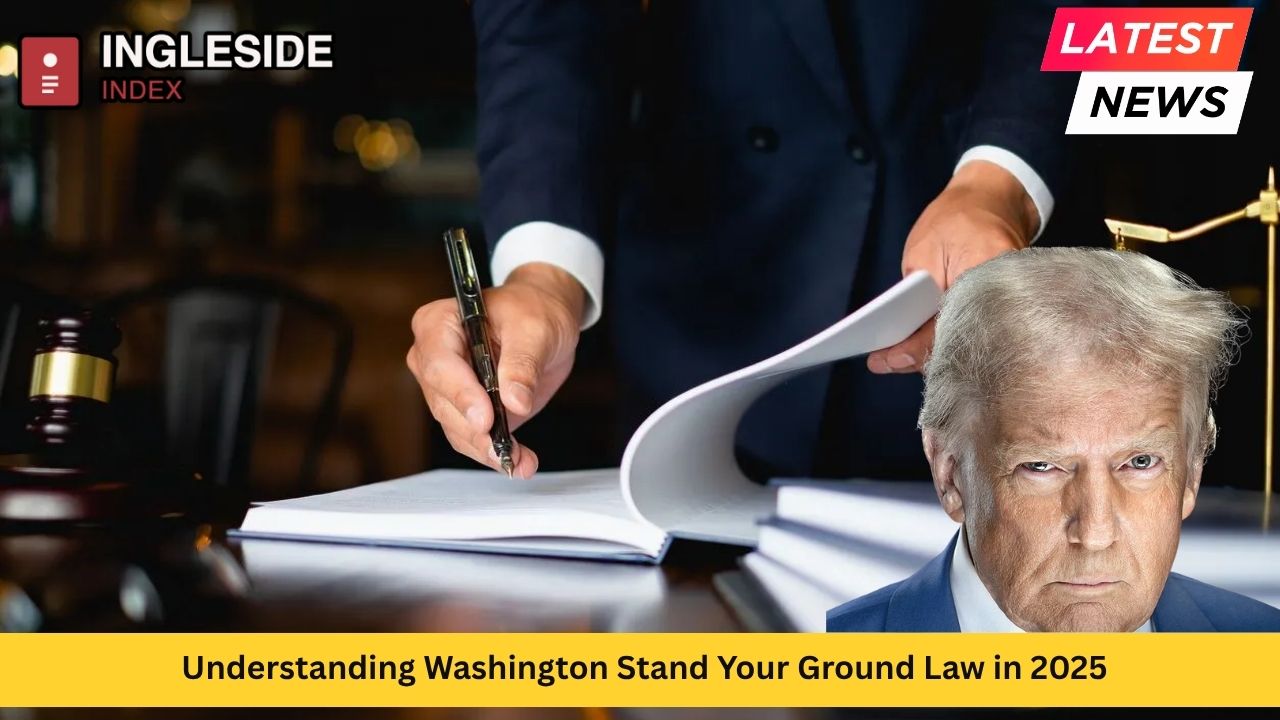


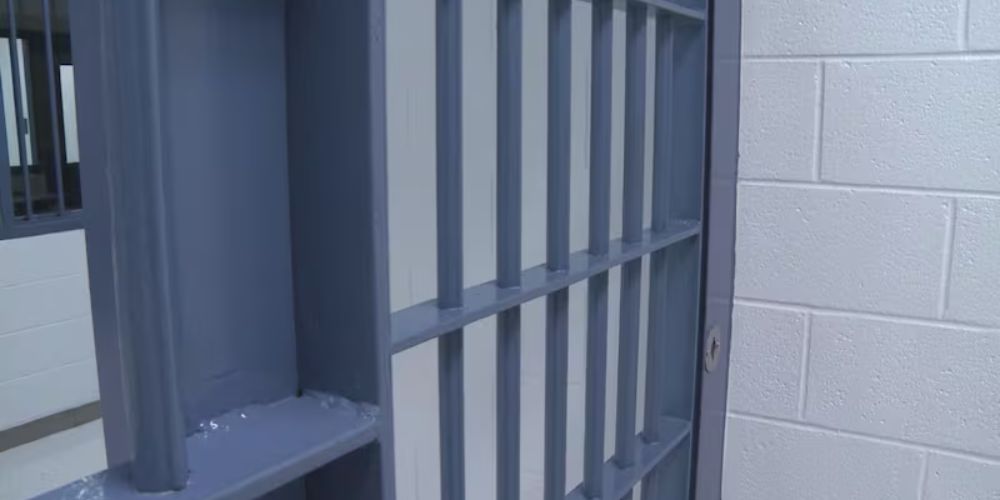
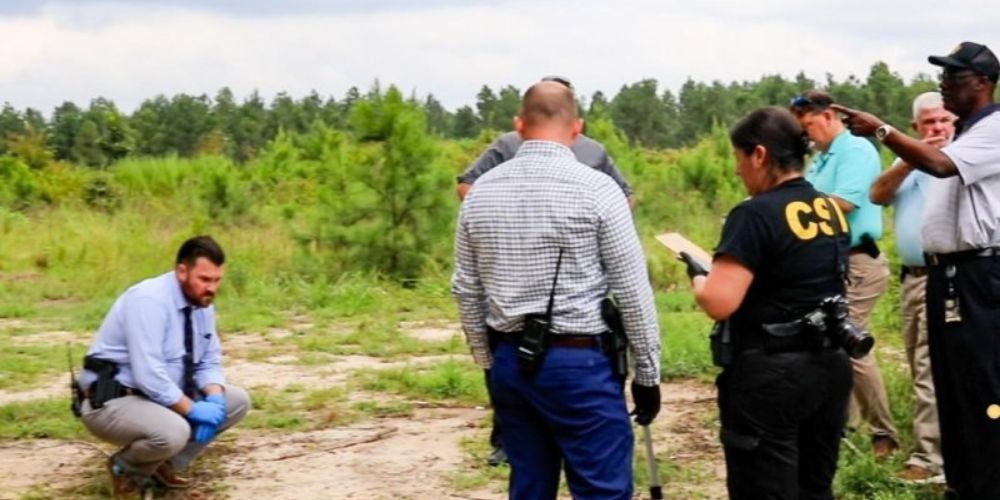
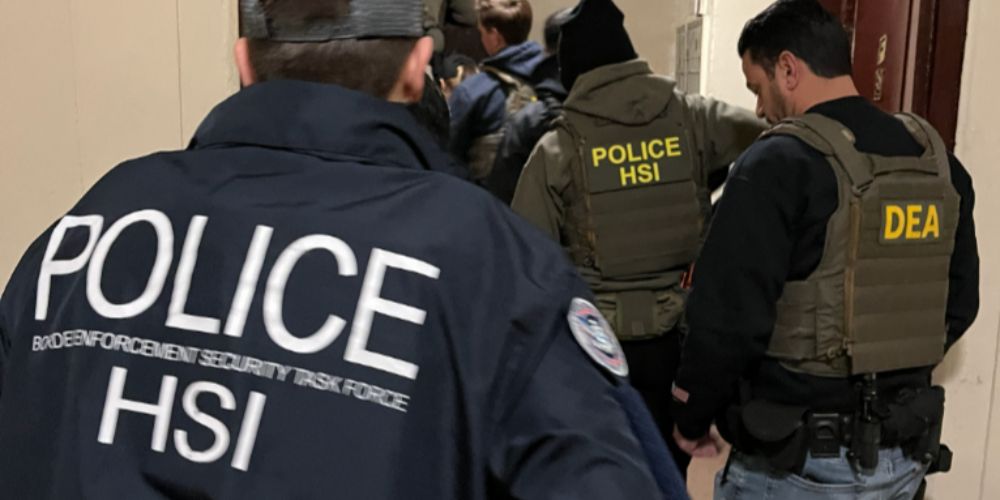
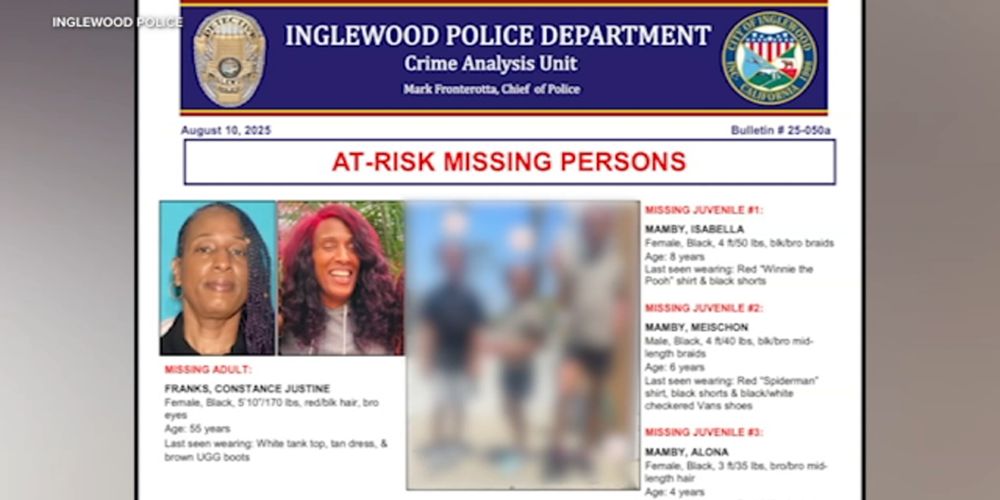



Leave a Comment